
Are you feeling stressed or anxious? You're definitely not alone.
With all that’s happening in the world, from social unrest over racial inequality to our devastating pandemic and growing economic crisis, stressful events have definitely taken their toll on our mental well-being, not to mention our skin!
So let’s take a moment to examine stress more closely.
In this post, I share my perspectives the impact of stress including:
- Why stress is necessary and can be helpful
- What happens when we’re under constant (i.e. chronic) stress
- Ways that stress can harm your skin
- Why stress is here to stay and how we can manage it
Stress is a normal physical response to events that appear threatening.
Stress elicits feelings of danger, real or imagined, and causes the body's defenses to initiate a fight or flight response, or simply, a stress response. This is your body's protection system, keeping you alert and focused in emergency situations such as slamming on the brakes in order to avoid a collision.
In small doses, stress can be beneficial because it allows us to perform under pressure to get things done. However, beyond a certain point, stress is no longer helpful and can begin to negatively affect us, our mood, productivity, relationships, health, and overall quality of life.

My personal history with stress
Growing up as an only child to immigrant parents from Taiwan and Japan, I experienced a lot of stress at a very young age. On top of my mom’s narcissism and my dad’s depression and addictive behaviors, my parents simply didn’t get along with each other. Their unresolvable interpersonal conflicts, combined with insurmountable challenges of assimilating in a new country bred hostility, alongside fighting, yelling, and abuse.
From the time I was a young girl, I operated in a state fight or flight and it stayed that way for decades. Being around my parents, especially my mom, was like walking on eggshells and I quickly learned that no matter what, my responsibility was to not make her angry. And with this unhealthy behavior, I allowed fear and anxiety to take over my life, starting at age five. I hadn’t exactly welcomed feelings of fear and anxiety into my life, but they were a necessary means of survival. What made it even more difficult to navigate my stressful childhood was my highly sensitive nature - processing and feeling all the stress and anxiety so deeply. But, more on that later.
Over the years, as I entered my teenage years and eventually adulthood, I’d completely identified with this stress and anxiety, translating them into feelings of shame, guilt, and lack of self-love and self-worth. It was my sole identity and over time I’d respond to any stressful triggers by simply shutting down and withdrawing. This, I thought, was my key to survival, not realizing at the time that all this stress, anxiety, and tension would eventually give rise to a whole host of health issues, including poor digestion, body aches & pains, insomnia, and chronic skin issues - everything from redness and inflammation to oily, congested skin and cystic acne.
What chronic stress can do to your skin
When we’re living in a state of chronic stress, we may not even realize it because our minds begin to accept it as the norm. But as I’ve learned throughout the years, our bodies are incredibly intelligent. What’s happening inside our bodies is reflected on our skin, which is why you can often look at your skin for important clues.
 So if you’re not sure whether or not you’re under chronic stress, here 9 signs (source: SheKnows) from your skin that might point to it:
So if you’re not sure whether or not you’re under chronic stress, here 9 signs (source: SheKnows) from your skin that might point to it:
- Acne
- Cold sores
- Hives
- Skin that burns or itches
- Rashes
- Oily skin
- Dry skin
- Skin that heals slowly
- Worsening of existing conditions
The prevalence of external & internal stressors
Although I’ve been able to heal a lot of my past trauma, stress, in the form of external and internal stressors, is still a part of my life. External stressors, for example, include major life events (e.g. our global pandemic), natural disasters, running a business, and concern over the health and well-being of my family and friends.
On the other hand, there are many internal stressors that still surface from time to time: occasional flashbacks to my childhood trauma, negative self-talk, perfectionistic tendencies, ruminating thoughts, anxious feelings, and pretending everything's ok when it's not.

The sad reality is that for many of us, stressors and/or perceived threats will continue to persist, keeping our fight or flight response turned on all the time (i.e. in a state of chronic stress).
So if we can’t prevent or avoid stress, whatcan we do?
Thankfully, with the right tools, knowledge, and support, we can learn to better manage stress and become more resilient to it.
It begins with a willingness to shift your mindset
I’ve learned to examine my childhood self and treat that little five year old girl with boundless love and compassion. I’ve learned to forgive my parents for their actions and behaviors, recognizing that they did the best they could to raise me given what they knew and had at the time. And most importantly I've learned to recognize my triggers, the stressors that cause feelings of fear and anxiety .
That's not to say that I’m completely free of any fear or anxiety, but with the help of medicinal herbs, a daily meditation practice, coaching, and therapy, I've learned to manage my anxiety a whole lot better.

Over the years, meditation and body scanning have really helped me dial into what's happening inside my body when I’m triggered. Personally, I tend to feel it most in my gut and chest. Before I knew how to manage it, likereallymanage it, I’d turn to comforting foods (i.e. stress eating) or to the internet to watch mindless, but entertaining Youtube videos for hours on end. Just to make my discomfort disappear. Yet it never seemed to disappear for good.
Now, whenever stress hits, I respond to it by getting quiet, tuning into my body, and focusing on my breath. I bring all of my attention to the areas that feel tight and tense, feeling the discomfort and tuning into it with a heightened awareness. In the beginning, it was agonizing, but as I continued to sit andfeel all of my discomfort, the tension and tightness would gradually dissolve. The more I practiced becoming aware and accepting of any unpleasant sensations, the quicker they would dissolve. Mind you, none of this happened overnight or in just a few days. It took over a year of consistent practice, along with coaching, and a commitment to heal in order to experience these positive changes.
When you set an intention to heal, and you create the time and space to do so, you are cultivating a life-long practice of mindfulness. And this, combined with daily practices of self-care, can be the most powerful form of stress management, guiding you to become more resilient to stress.
 A holistic approach to managing stress & anxiety
A holistic approach to managing stress & anxiety
Being a highly sensitive person (HSP), I’ve learned (and am still learning) how to manage stress by identifying my triggers, creating healthy boundaries, and learning to say no. And most importantly, I’ve learned to practice self-care, which for me includegrounding exercises,guided meditations, getting enough sleep, eating a well-balanced diet, and working with medicinal plants, includingherbs that promote self-love.



Managing stress for the highly sensitive person (HSP)
If you're not already familiar, "highly sensitive person" or HSP is a term that was coined by psychologist Dr. Elaine Aron in the mid 90's. Her research shows that highly sensitive people (HSPs) are a subset (15-20%) of the general population. Being HSP isn't a disorder or a flaw, but rather a personality trait where one's sensory processing sensitivity is relatively high. This makes many HSP’s susceptible to feeling overstimulated and stressed out, which is why it’s crucial to take steps to managing stress and preventing burnout so you can look and feel your best.

Wondering if you're a highly sensitive person (HSP)?
Take the highly sensitive test here.
Let me know how you scored in the comments below!
_____________________________________

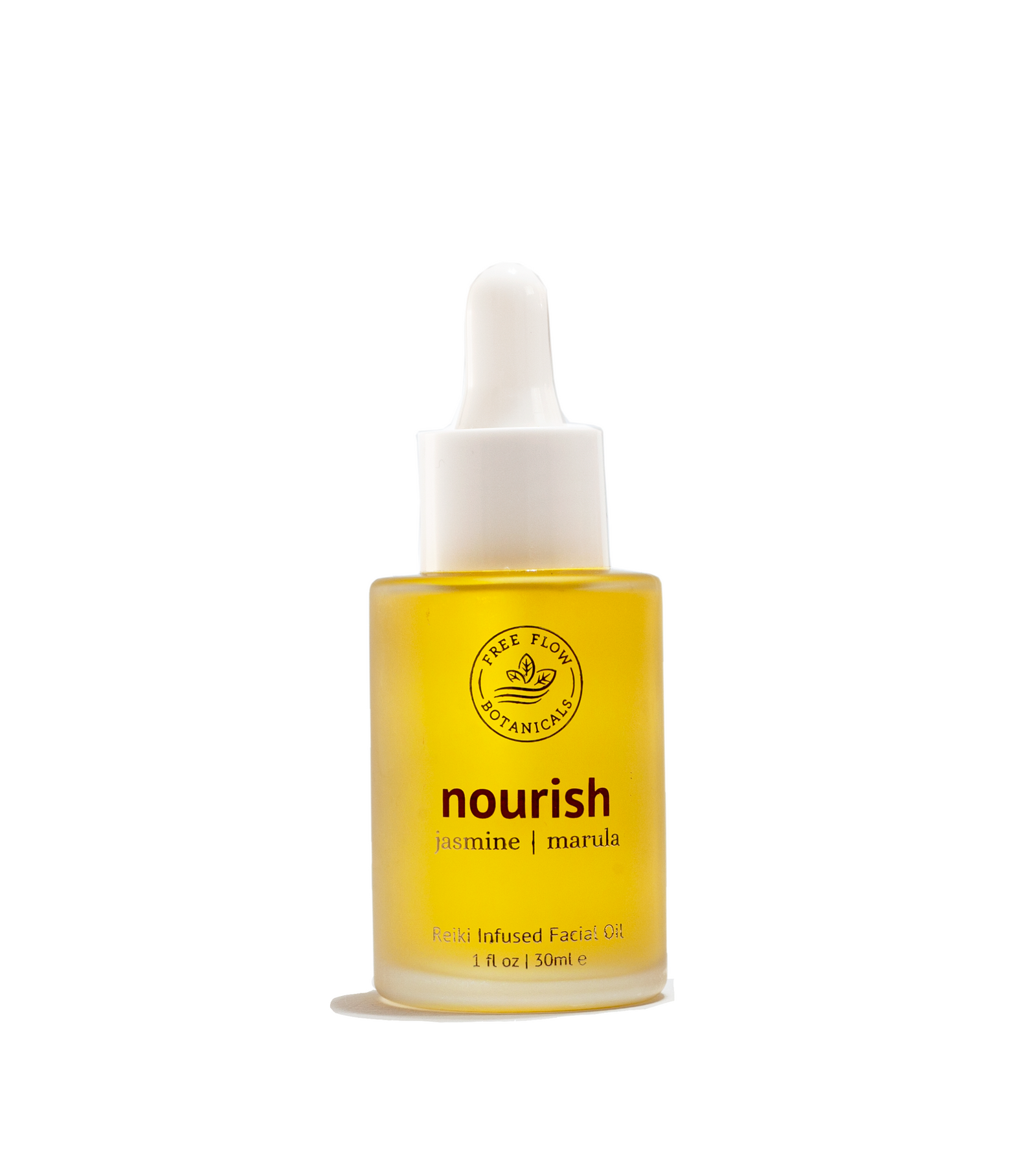
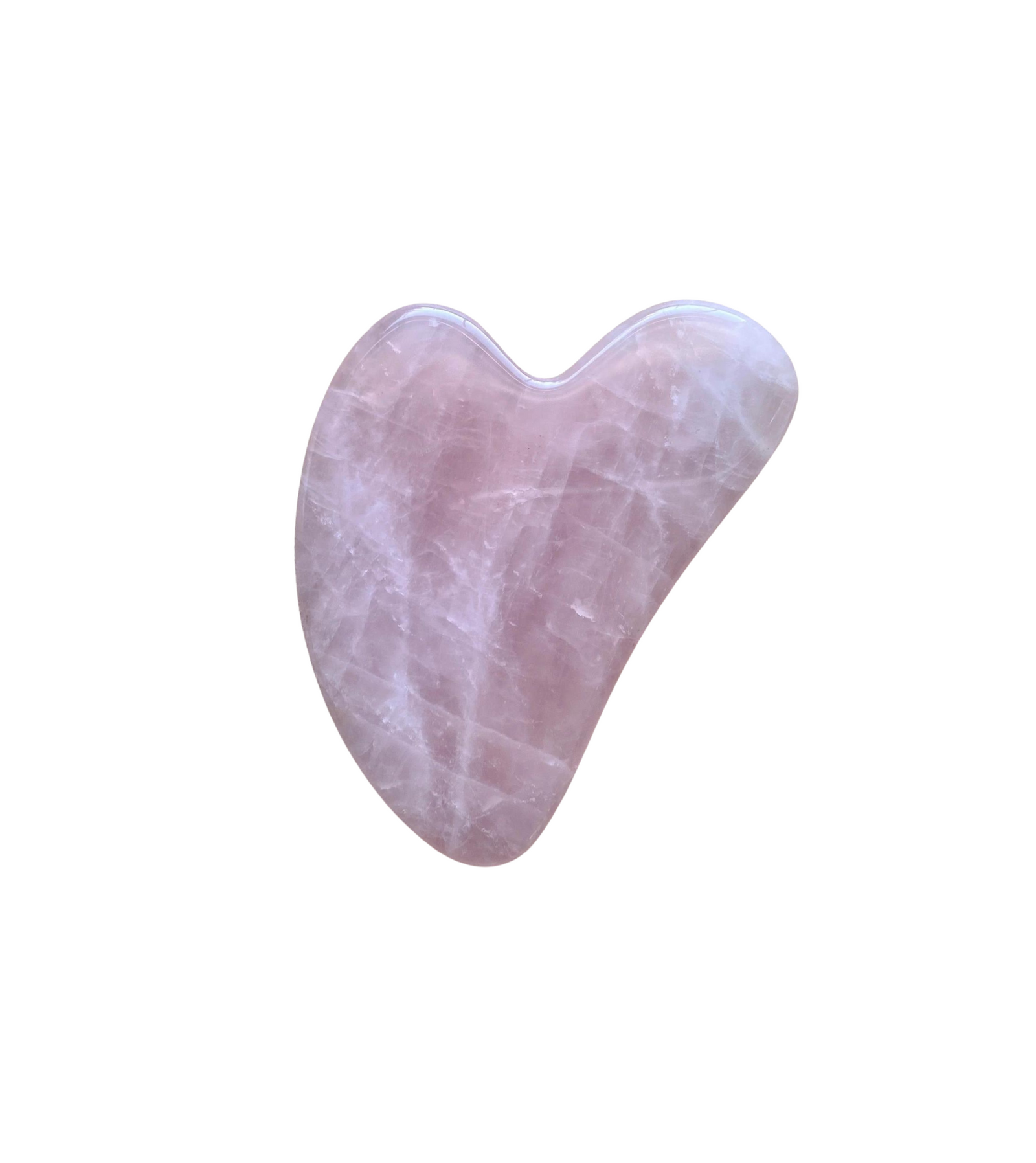
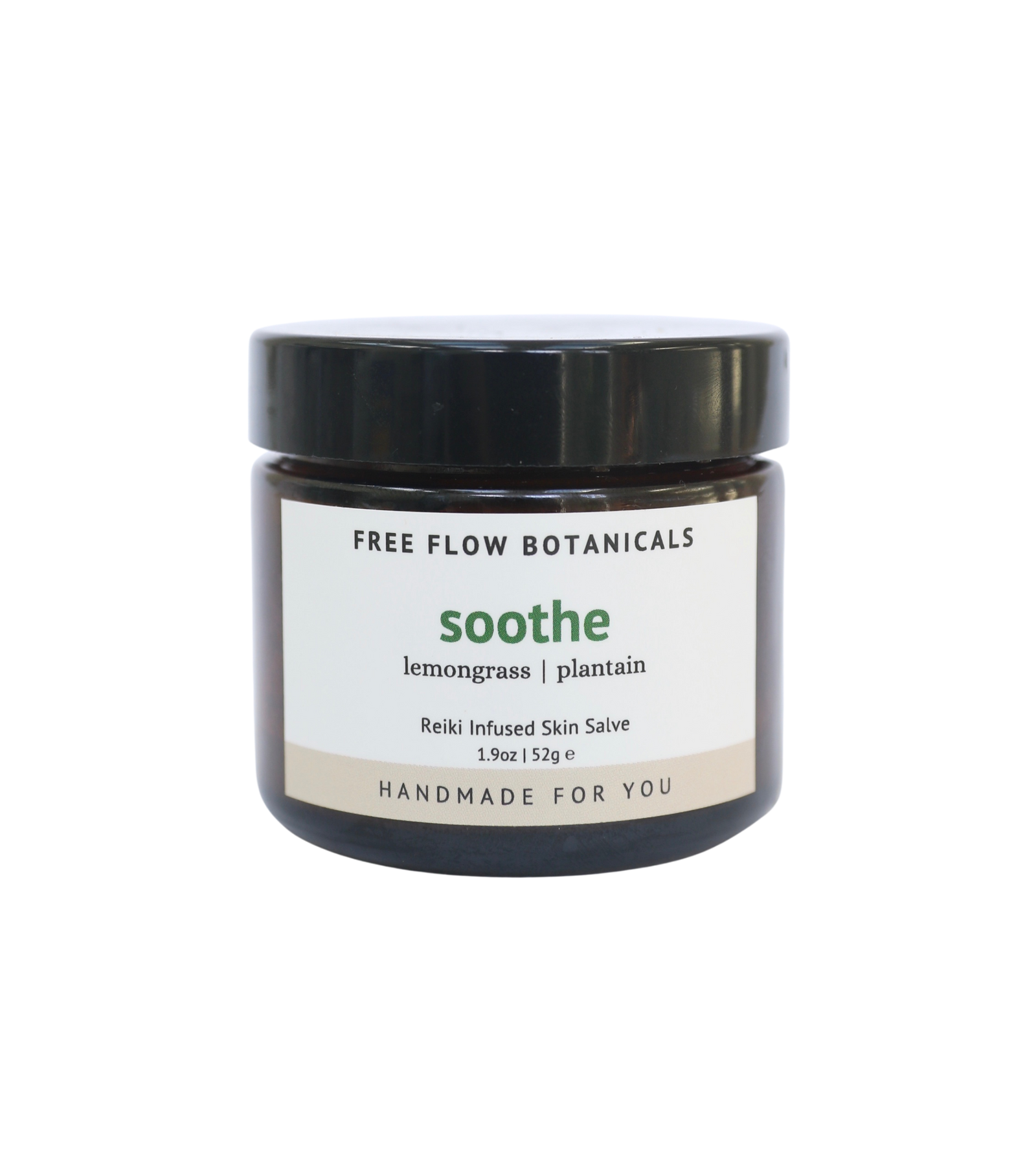
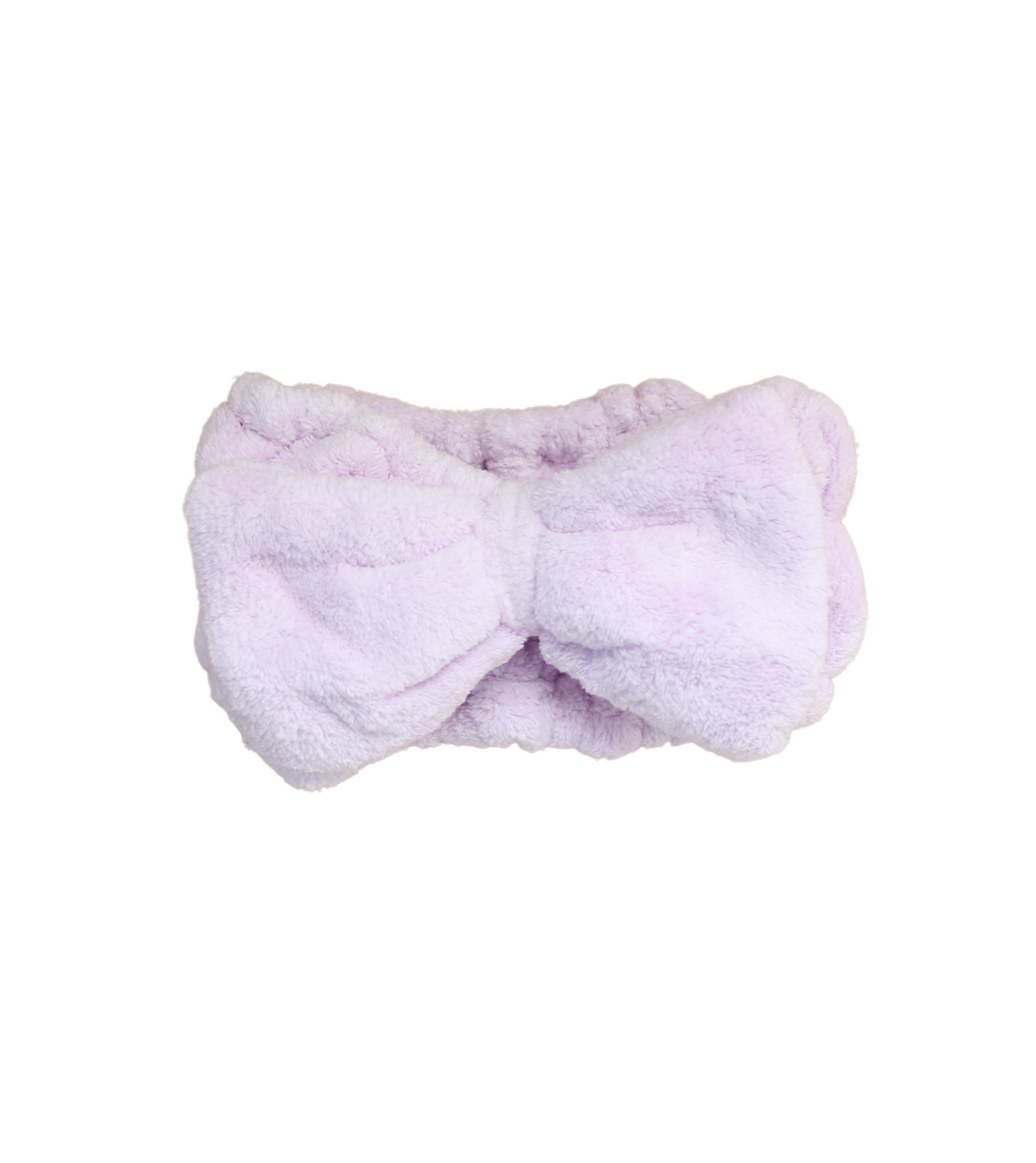
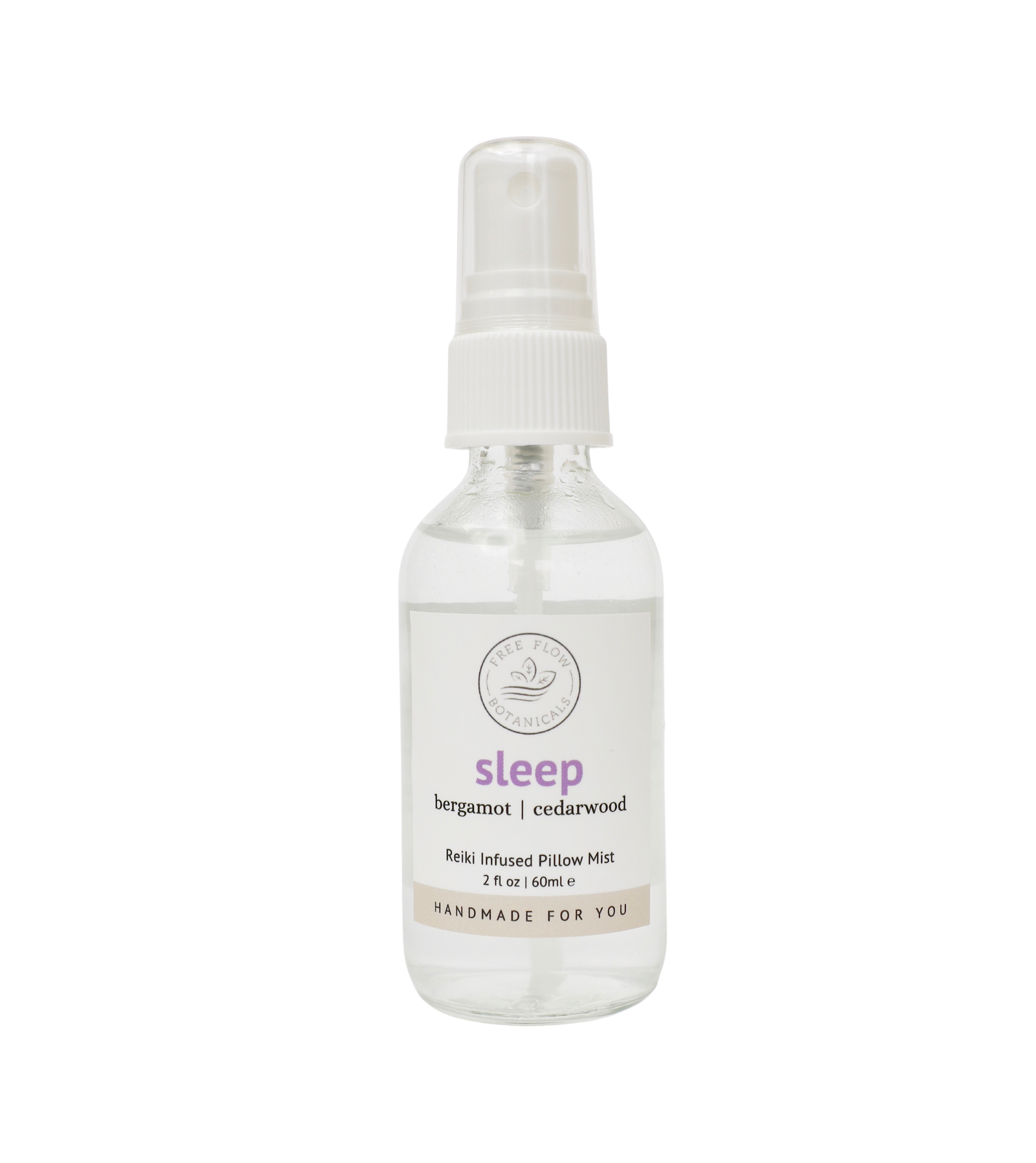
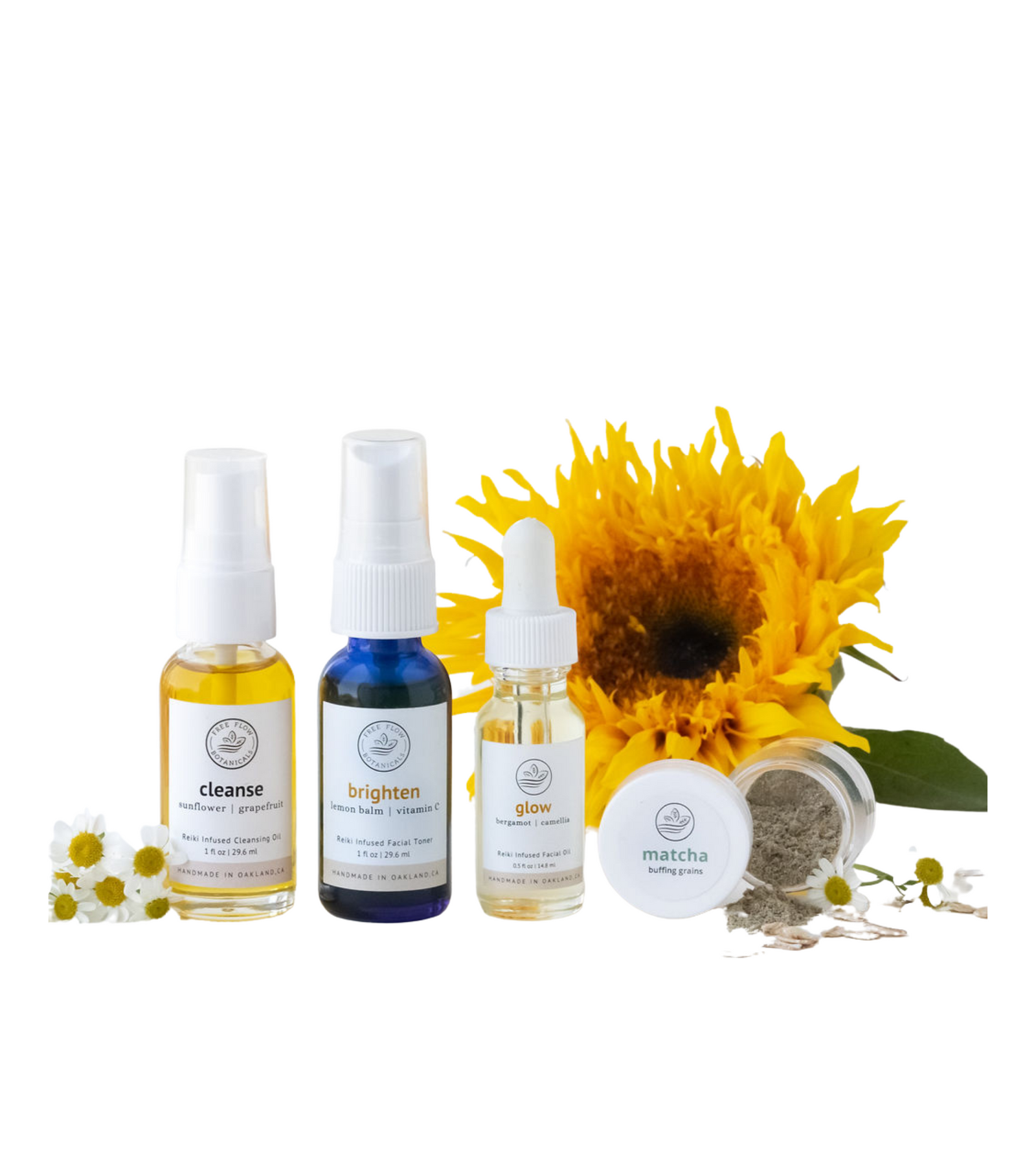

 A holistic approach to managing stress & anxiety
A holistic approach to managing stress & anxiety


Leave a comment (all fields required)